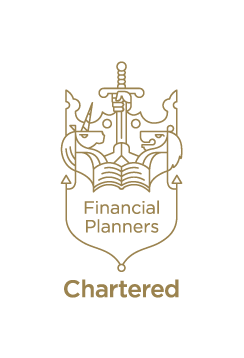Although it has many benefits, working for yourself means that the responsibility for providing a financial safety net shifts from the employer to the individual.
Financial support
A survey[1] of the financial health of self-employed, part-time and contract workers reveals that if an accident or illness prevented them from working, more than one in ten (11%) wouldn’t be able to last any time without using long-term savings, while 30% would run out of money in less than a month.
Also, 48% said they couldn’t turn to friends or family for financial support, and one in ten said they would be forced to turn to credit cards or payday loans
Figures from the Office for National Statistics (ONS) show that the number of self-employed workers in the UK increased from 3.3 million in 2001 to nearly 5 million in 2019[2].
Help from the state
While a quarter (25%) of those surveyed said they would seek help from the state, benefits provide little or no support for this group. Statutory Sick Pay isn’t available to self-employed workers, and for those workers that are eligible, the maximum that can be claimed is just £94.25 a week versus the average outgoing of £262.83[3] a week for self-employed or contract workers.
More than half (55%) have no life insurance, private medical insurance, critical illness cover or income protection should they find themselves unable to work due to illness or injury. Nearly half of those surveyed (45%) worry that sickness will prevent them working.
Consistency of earnings
They also worry about consistency of earnings (37%), and over a third (35%) of those workers who took time off for illness or injury last year returned to work before they felt they had fully recovered. Half (50%) of these said they did so because they couldn’t afford to take any more time off work.
People in full-time employment commonly receive sick pay and life insurance through their employer, but self-employed people need to provide it for themselves. Although many self-employed people and contractors worry about the consequences of an accident or illness preventing them from working, too few are taking steps to protect themselves from any loss of earnings if they are unable to work.
Taking a preventative approach
If you’re self-employed or thinking about
going down that road, it’s important to consider your personal insurance options. For more information, or to review your options, please contact us.
Source data:
[1] Research among 1,033 UK self-employed, part-time, contract and gig economy workers between 1 and 7 October 2019, conducted by Opinium on behalf of LV=.
[2] EMP14: Employees and self-employed by industry.
[3] Average monthly outgoings of £1,182.76 recorded from 1,033 UK self-employed, part-time, contract and gig economy workers between
1 and 7 October 2019, conducted by Opinium on behalf of LV=.
Content of the articles featured in this publication is for your general information and use only and is not intended to address your particular requirements or constitute a full and authoritative statement of the law. They should not be relied upon in their entirety and shall not be deemed to be, or constitute advice. Although endeavours have been made to provide accurate and timely information, there can be no guarantee that such information is accurate as of the date it is received or that it will continue to be accurate in the future. No individual or company should act upon such information without receiving appropriate professional advice after a thorough examination of their particular situation. We cannot accept responsibility for any loss as a result of acts or omissions taken in respect of any articles.


